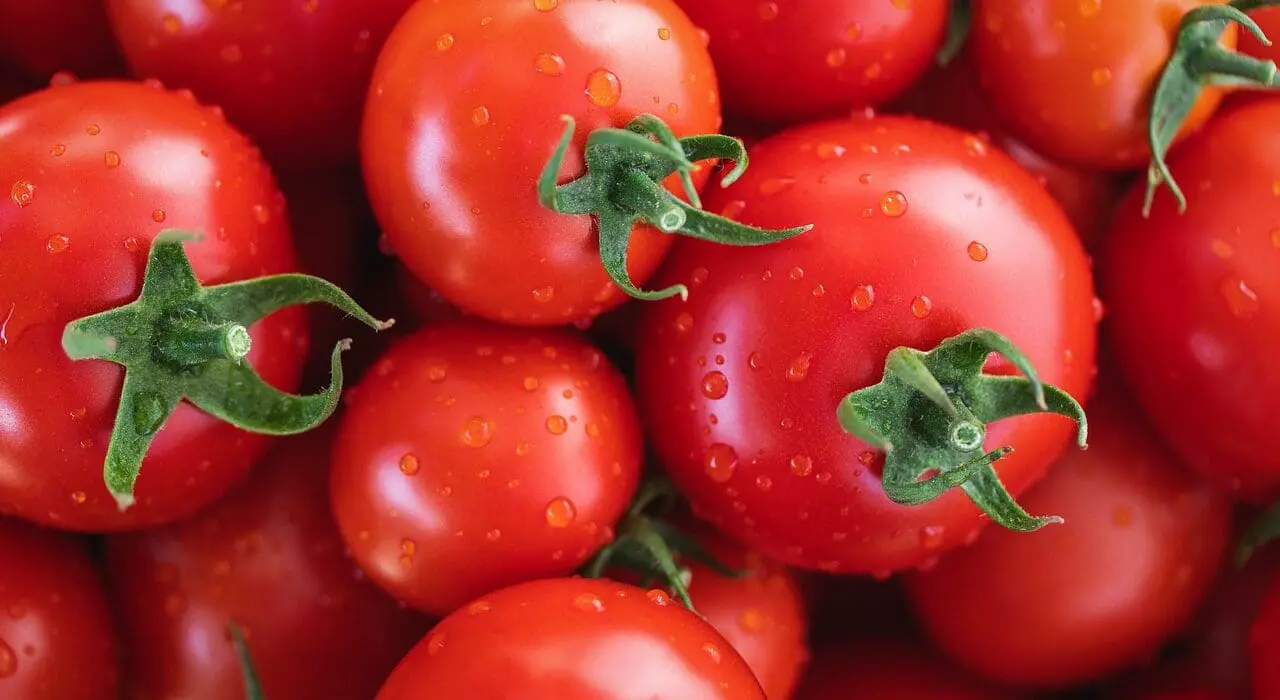Tomato prices are expected to drop with the arrival of new crop from Maharashtra’s Nasik, Naryangoan and Aurangabad belts, as well as Madhya Pradesh, the Centre told the Rajya Sabha on Friday.
Ashwini Kumar Choubey, Minister of State for Consumer Affairs, Food and Public Distribution, made the statement in a written response to a Rajya Sabha question.
Furthermore, the Minister noted that the Department of Consumer Affairs monitors 22 essential food commodities, including tomatoes, on a daily basis.
The Minister said that the government has begun procuring tomatoes through the Price Stabilisation Fund in order to combat the current rise in tomato prices and make them available to consumers at affordable prices. The tomatoes are being offered at highly subsidised prices.
Chobe said the National Cooperative Consumers Federation (NCCF) and National Agricultural Cooperative Marketing Federation (NAFED) procure tomatoes from mandis in Andhra Pradesh, Karnataka and Maharashtra continuously and make them available at affordable prices in major consuming centers like Delhi-NCR, Bihar and Rajasthan after subsidizing the prices.
A retail price of Rs 90 per kg was initially charged for the tomatoes, but it has been reduced to Rs 80 per kg as of July 16, and then to Rs 70 per kg as of July 20, said the Minister in response to Kartikeya Sharma’s question regarding government measures to ensure consumer affordability by monitoring and regulating tomato prices.
Farmers may grow more tomato crop due to the current increase in tomato prices
The prices are expected to stabilize in the coming months as a result.”
The Department of Agriculture and Farmers Welfare (DAFW) implements Market Intervention Scheme (MIS) to protect growers of perishable agri-horticultural commodities from making distress sales in the event of a bumper crop during the peak arrival period when prices tend to fall below economic levels and cost of production.
As part of the scheme, the Central Government and State Government share 50:50 the loss resulting from the fall in price. “The Department of Agriculture and Farmers Welfare has not received any proposals from State Governments to intervene in the market to address distress sales of tomatoes since the inception of MIS,” Choube explained.
In order to enhance value addition and reduce post-harvest losses of agricultural and horticultural commodities, including tomato, the Ministry of Food Processing Industries implements Operation Greens. According to the Minister, the scheme aims to enhance the value realization of produce for farmers, protect farmers from making distress sales, increase the capacity for food processing and preservation, and reduce post-harvest losses.
According to him, the scheme includes both short-term and long-term interventions.
Among the short-term interventions are transportation and storage subsidies for individual farmers, groups of farmers, farmer producer organizations, farmer producer companies, cooperative societies, the State Marketing and Cooperative Federation, food processors, commission agents, retailers and exporters. The Minister noted that long-term interventions include grants-in-aid for integrated value chain development and standalone post-harvest infrastructure projects.
Also Read:

1 Comment